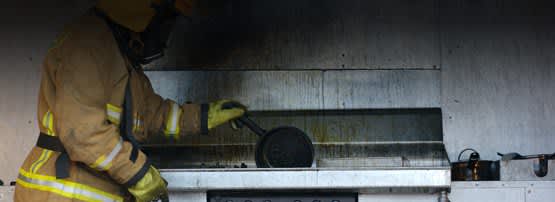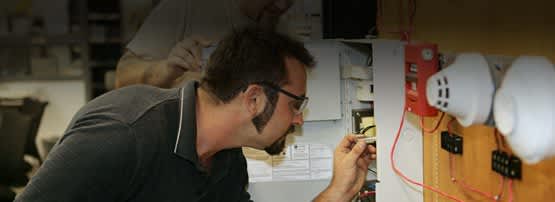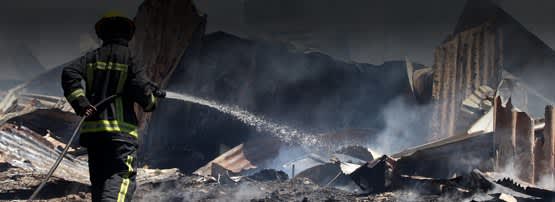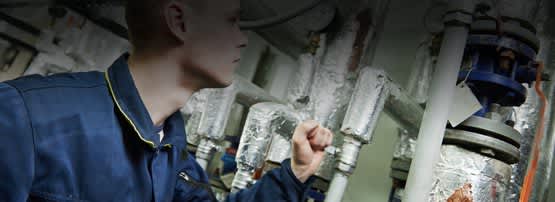Firefighter Training and FireFighter Education
-
Fire investigators work the scenes of extinguished fires to determine which factors led to the blaze. Most fire investigation training programs combine an in-class instructional component with field work and research. Read about the different educational options available for becoming a fire investigator.
-
Fire inspectors work to prevent fires and save lives. They review plans for new buildings to ensure dwellings, offices, schools, hospitals and industrial structures conform to national, state or local regulations. They also tour existing structures to ensure codes and regulations are followed. Fire inspectors are key to stopping deadly fires before they happen, and have specific training requirements.
-
Fire protection engineers concentrate on proper use and occupancy loading of buildings, how fires start, the selection of alarm and sprinkler systems, and emergency evacuation plans and equipment. A qualified engineer works with architects and designers to evaluation construction plans for new buildings. Learn about the paths leading to a career in fire protection engineering.
-
Arson investigators look into the origins and causes of suspicious fires, and coordinate their efforts with fire marshals, law enforcement personnel, the district attorney staff, and criminal investigators. Read about the types of training programs available for different levels within the field of arson investigation.
-
Fire engineering is the science that addresses how to prevent or suppress fires. Fire engineers assess fire risks in city buildings and in wild forests. They evaluate structural design and help establish building codes and safety requirements. Learn what schooling is required for the different career paths within this field.
FIRE SCIENCE SCHOOLS IN YOUR STATE

- alabama
- alaska
- arizona
- arkansas
- california
- colorado
- connecticut
- delaware
- florida
- georgia
- hawaii
- idaho
- masters
- illinois
- indiana
- iowa
- kansas
- kentucky
- louisiana
- maine
- maryland
- massachusetts
- michigan
- minnesota
- mississippi
- missouri
- montana
- nebraska
- nevada
- new-hampshire
- new-jersey
- new-mexico
- new-york
- north-carolina
- north-dakota
- ohio
- oklahoma
- oregon
- pennsylvania
- rhode-island
- south-carolina
- south-dakota
- tennessee
- texas
- utah
- vermont
- virginia
- washington
- west-virginia
- wisconsin
- wyoming











